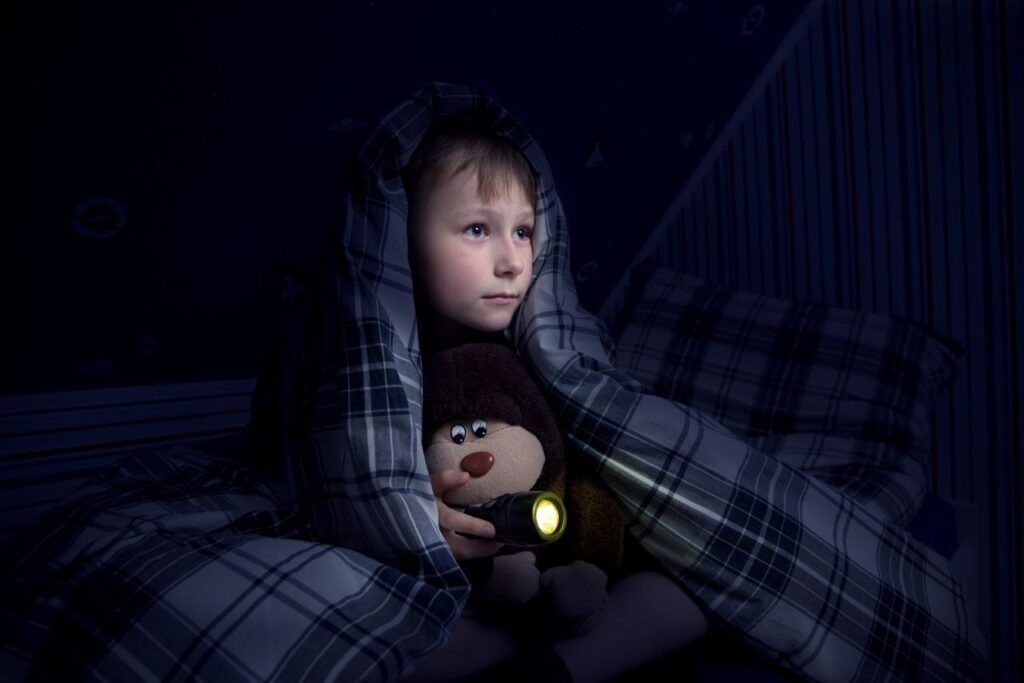Knowing About Nyctophobia
Nyctophobia, or commonly known as the fear of the dark, is one of the most common types of phobias that actually influences the lives of people considerably. It is characterized by an excessive or irrational fear of darkness that, in turn, evokes anxiety, panic, and avoidance behaviors when one encounters a dark situation.
Causes of Nyctophobia
Causes of nyctophobia are usually highly complex and include genetic, environmental, and psychological factors all combined. The causes that could be included are as follows:
– Inherited Traits: Most of them have it in their genes, and thus it is an inherited trait from their parents.
– Traumatic Association: Normally, any negative association with darkness that may be due to some traumatic experience or accident tends to trigger such a phobia.
– Environmental Factors: Such fear might develop when one grows up in dark and isolated environments, has no control over the environment, or has fears associated with the unknown.
Signs and Symptoms of Nyctophobia
Among other symptoms, persons with nyctophobia may show the following characteristics:
– Intense Anxiety: Panic-like feelings due to being in dark areas.
– Avoidance Behavior: Taking deliberate avoidance from dark places or situations.
– Sleep Disturbances: Difficulty sleeping or staying asleep while having nightmares.
– Physical Reactions: Rapid heart rate, perspiration, or trembling after exposure to darkness.
How to Overcome Nyctophobia
Fortunately, some steps can be taken to bring people out of this fear. Following are some techniques that work best for people with nyctophobia:
- Exposure Therapy: It is very important to gradually expose oneself to dark environments; doing so in small periods of time and gradually increasing the time is always better.
- Relaxation Techniques: Deep breathing, progressive muscle relaxation, or visualization should be practiced to help decrease anxiety.
- Cognitive Restructuring: Challenge negative thoughts about darkness and let them be remodeled into positive and realistic thinking.
- Desensitization: Engage in activities involving darkness, like reading or playing games in the dark, to build comfort.
- Support System: Share fears with trusted friends or family members who can encourage and support one.
Conclusion
Although nyctophobia is an anxiety disorder that one can overcome with the proper strategies, it might be seriously affecting the quality of one’s life. By understanding causes and symptoms, individuals can take proactive steps toward managing their fear of the dark. When symptoms are severe, seeking professional help from a licensed therapist is strongly recommended.
References:
Nyctophobia (Fear of the Dark): Symptoms & Causes (clevelandclinic.org)
Nyctophobia: What It Means, How It’s Caused, and How It’s Treated (webmd.com)
Nyctophobia (Fear of the Dark): Definition, Symptoms, and Treatments (verywellmind.com)
Websites:
Britmed Healthcare: https://britmedhealthcare.co.uk/
Nightingale Hospital: https://www.nightingalehospital.co.uk/
Top Doctors: https://www.topdoctors.co.uk/doctor/ahmed-el-missiry
You can also book, Contact us on WhatsApp 08009708017




